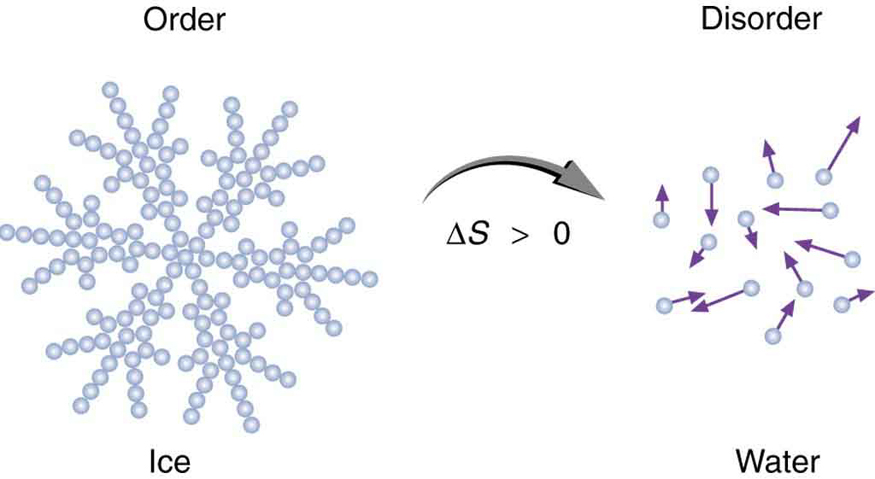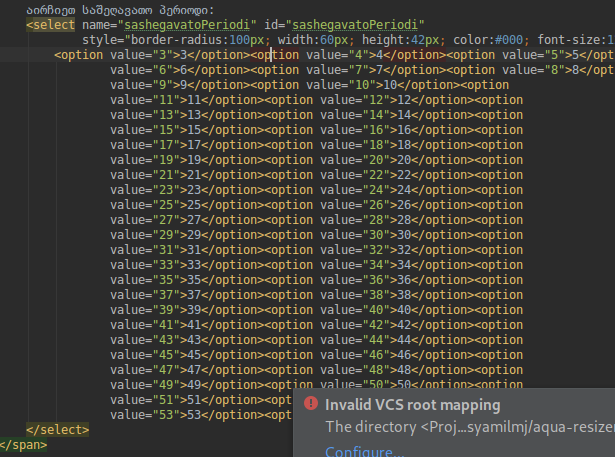order

Order
List of axioms
Here are the three axioms of order:1. axiom of order: order increases efficiency.
2. axiom of order: disorder increases disorder.
3. axiom of order: ordering an area of disorder efficiently requires an equally sized empty area.
4. axiom of order: over time, people accumulate things they use increasingly rarily.
Explanation of axioms
The first axiom of order: order increases efficiency.
when items are poorly ordered, it decreses the efficiency of
-> placement
-> search
-> retrieval
-> proper upkeep
-> disposal
-> reordering
-> enjoyment
when items are well ordered, it does not just decrease the aforementioned efficiencies. it also increases
-> aesthetics

-> psychological well-being
Let's use a few examples:
-> If your house is not in proper order, you will be ashamed to let people in. If someone is suddenly visiting, you won't want to let them in. This will lead to psychological tension. If you're forced to let them in, if they need to piss, you'll feel bad of what they might think of you, seeing your disordered disgusting living conditions.
-> You know you had an X, but you can't find X. You don't know where you put it, so you end up purchasing a new X. Later that year, when revising an old cupboard, you find your old X, now redundant.
Enough for now.
The second axiom of order: Disorder increases disorder.
This axiom is analogous to the second law of thermodynamics.It can be useful to rephrase it as such: The difficulty of ordering disorder increases with time.
Let's use a few examples to illustrate this.
-> If you hand wash pans and dishes immediately after cooking and eating, it doesn't take much time or effort at all. However, if you leave them in the sink, the food particles stick on the dishes, the pans, the cutlery. Over time they dry out. Even if you leave the dishes with water on them to "soak", very few materials can truly soak. Many foods will still polymerize even below a pool of water, making them difficult to clean.
-> If you have a room that is disordered:
-> it will accumulate dust at an accelerated rate relative to a room that is perfectly ordered.
-> When you decide to clean said room, it will require a lot more effort than a room that is perfectly ordered, and hence, much fewer surfaces have gathered dust.
-> Over time, you will forget what objects are hidden inside the rubble. As such, when you need said objects, you might fail to find them, ultimately resulting in more disorder.
-> Disorder, somehow, magically, attracts more disorder. People stack more stuff on top. If you have a pile of random stuff, you will invariably, over time, add more random stuff to it.
The third axiom of order: ordering an area of disorder efficiently requires an equally sized empty area.
It's not that it can't be ordered otherwise - but it will be extremely inefficient. The extra space is necessary to be able to sort the same space of objects.To understand this, imagine ordering a deck of cards. If you try to do it within the deck, it is impossible because the deck is full. If you only give yourself space for a few extra cards outside the stack, it will be extremely difficult yet doable. But if you have the space of the entire deck on the side, it will be reasonably doable. In this special case, it's better to have even more space, but usually an equally sized empty area is sufficient.
The fourth axiom of order: Over time, people accumulate things that they use increasingly rarily.
Life changes to implement based on the axioms.
If you agree with the axioms I mentioned - it is only natural to act in a way that is alinged with them.
Based on the first axiom of order, you must strive to order disorder.
Based on the second axiom of order, you must strive to order disorder as soon as you notice it, without putting it off.
Based on the fourth axiom of order, you must devise a way to store objects that you use rarely.
Environmental vs Box order
You can arbitrarily separate order into two kinds: environmental order and box order.Environmental order is top-level order for a particular POV. If you look at a room, you can tell whether it's ordered, but you can't tell if things within the room are ordered on the inside. This means you have environmental order, but not box order. Of course, there is an element of arbitrariness to this, but it is nevertheless an useful distinction.
Environmental order is most important. If you have environmental order, it is easy to work within the environment to attain box order for a particular box. However, if you don't even have environmental order, attaining any order at all is problematic. At the limit, if your entire room is trashed, you will need another room to order it efficiently, based on the third axiom of order.
Order is not just for space

Are you a programmer? You will seldom try to fix your shitty code. It is repulsive. Think about it - if it was clean, written in a very easy to understand way, I'm sure you wouldn't mind implementing a fix. It could be as easy as jumping to the right function and writing a couple new lines.
Debugging is the same. You can't debug your program? Your program probably sucks. Super optimized code can often be difficult to debug - but that's why people start by writing a working implementation, and only optimize afterwards.

Are you an artist? See those 20 drawings on your table? When was the last time you touched most of them? Don't you feel overwhelmed? Think about it - sitting at a clean worsktation and drawing that one piece you want to draw the most is going to be a lot more efficient and enjoyable than sorting through your rubble and

Do you take notes? You should you mongrel. You should also index them, write dates, etc etc; if they're paper notes, I urge you to advance to computerized notes. I know it doesn't have the same "feel", but that's for another article. In computerized notes, you should have metadata on all your notes, although all of that is possible (but way weaker and more difficult) in paper. Actually, this webpage is generated from a subset of my notes - see, there is metadata at the top, such as "created" and "tags". If you keep your notes in good order, with clean metadata, in an easy to access format (don't use proprietary cloud note hosting services), you will always be able to find stuff in your notes. With perfect upkeep, it should never take more than 5 minutes to find ANYTHING you've ever written. For me, because my note taking and management system is in such good order, it is also easy to expland them into this site with very little additional effort.

Do you try out new software? Ever download an application, try it, realise it sucks and NOT DELETE IT? Why not just delete it immediately? Having less space on your hard drive means your disk drive has to work harder to find where to place things, and can't rotate where to place them efficiently. This leads to premature wear, and an increased risk of losing your data. It is best to keep your disk as empty as possible. This is just one way that deleting your old programs an be beneficial.
If you're on linux, it's easy to accumulate a lot of crap that you don't even notice. On windows, at least you have the "installed programs". Do you know the command to see everything installed on your linux machine? Even if you do, I'm sure a ton of it is packages that you don't even know the reason for existing. How about locating the packages you've installed yourself, intentionally? No such list? Yeah, I hope you're starting to see the problem. Often, a fix for some random bug will ask you to install libshitfuck. The fix didn't work. Did you remove libshitfuck? Why not? Think about it. Now you will possibly never remove it.

Did you just spend a very long amount of time figuring something out? Hard work pays off. Too bad you'll forget about it in 5 years. Did you write it down in your notes? Did you codify it? Give it metadata? Why are you such a disordered pig? Do you want to be slain for your meat? Do you want to be stuck in an eternal cycle of fixing problems you've already fixed before in your life? WAKE UP!